What is Monocular For Backpacking? 🔭
A monocular for backpacking refers to a compact, single-lens telescope or optical device that is designed for use by backpackers and outdoor enthusiasts. It is essentially a smaller and lighter version of a binocular, offering magnification and a limited field of view.
Features 🔋
- ✅ Compact and Lightweight: A backpacking monocular is designed to be lightweight and compact, making it easy to carry in your backpack without adding significant weight or taking up much space.
- ✅ High Magnification: They typically offer high magnification power to bring distant objects closer. This feature allows you to observe wildlife, landscapes, and other points of interest with clarity and detail.
- ✅ Weatherproof and Durable: It is built to withstand outdoor conditions. It should be weatherproof, and resistant to water, fog, and dust, ensuring it can endure various environmental challenges encountered during backpacking trips.
- ✅ Wide Field of View: A wide field of view is essential for capturing panoramic vistas and scanning large areas. It enables you to spot wildlife, landmarks, or potential dangers more easily, enhancing your overall backpacking experience.
- ✅ Quality Optics: High-quality optics are crucial for clear and sharp image rendering. Monoculars with multi-coated lenses and high-quality prisms provide optimal light transmission, reducing glare, and delivering vibrant and true-to-life colors.
- ✅ Adjustable Focus: The ability to adjust the focus allows you to fine-tune the image and bring it into sharp focus, regardless of the distance of your subject. This feature is especially useful when observing objects at varying distances while backpacking.
Benefits 💣
- ☑️ Enhanced Scenery Viewing: It enables you to appreciate and explore the beauty of nature up close. You can observe distant mountains, valleys, waterfalls, and other scenic wonders with greater detail, enriching your backpacking experience.
- ☑️ Wildlife Observation: With a high-quality monocular, you can observe wildlife from a safe distance without disturbing their natural habitat. Spotting birds, animals, and other creatures becomes easier, allowing you to appreciate their behavior and unique features.
- ☑️ Navigation and Orientation: A monocular can assist in navigation and orientation during backpacking trips. By observing distant landmarks or topographical features, you can gain a better understanding of your surroundings and plan your route accordingly.
- ☑️ Versatile Usage: A backpacking monocular can be used for various activities beyond backpacking, such as camping, hiking, birdwatching, sports events, and concerts. Its versatility makes it a valuable tool for outdoor enthusiasts in different settings.
- ☑️ Educational and Learning Tool: This allows you to explore and learn about the natural world in greater detail. You can study plant life, geological formations, and other natural phenomena, deepening your understanding and appreciation of the environment.
Types 💡
When it comes to backpacking, several types of monoculars are suitable for outdoor activities. 🔔Based on our experience, here are some common types of monoculars for backpacking:
- ➡️ Compact monoculars are lightweight and small in size, making them easy to carry in your backpack or pocket. They usually have a magnification power of around 8x to 10x, which provides a decent level of zoom for most outdoor activities.
- ➡️ Waterproof monoculars are designed to withstand exposure to water, making them suitable for backpacking in rainy or wet conditions. These monoculars are sealed and often have rubberized coatings to protect them from water damage.
- ➡️ Zoom monoculars offer variable magnification, allowing you to adjust the zoom level according to your needs. They typically have a range of magnification options, such as 8-24x or 10-30x, providing versatility for different viewing distances.
- ➡️ Night vision monoculars are equipped with technology that enables viewing in low-light conditions or complete darkness. They use infrared illuminators to enhance visibility, making them useful for backpackers interested in nocturnal wildlife observation or nighttime navigation.
- ➡️ Image-stabilized monoculars incorporate stabilization technology to minimize hand movements and vibrations, resulting in a clearer and steadier image. This feature is beneficial when viewing distant objects or wildlife, especially in situations where your hands may be shaky due to physical exertion.
- ➡️ High-Definition (HD) monoculars provide superior image quality and clarity compared to standard monoculars. They often feature high-quality optics and lens coatings to enhance color reproduction, sharpness, and contrast, allowing for a more immersive viewing experience.
Best Monoculars | Monoculars For Backpacking Review
1# Vortex Optics Solo R/T 8×36 Monocular
View on BassPro View on OpticsPlanet View on Amazon View on Cabelas
Good optics for day and twilight observation, an MRAD reticle and a durable rubberized case can bribe anyone, but not us! Let’s take a closer look at the weaknesses of this device. The tactical clip will securely attach the monocular to the belt or strap of your ammunition without impairing quick access. If you trust straps more, Solo R / T has a fastening point for him as well. Some buyers went further and make it themselves, strengthen this strap for great reliability. The grid of the rangefinder will allow you to find out the distance to the observed object if you know its real size, hold the monocular firmly (to count the marks) and think well in your mind. If mathematics is your worst enemy, this is not for you. A flexible eyecup fits snugly to the right eye, blocking glare. If you use glasses, this monocular does not suit you. If you bend the eyecup, it will block the focus ring. Even more fun if your left eye is dominant, an inverted mesh is guaranteed to be annoying. The description on Amazon says nothing about attaching a monocular to a tripod. This can be fixed by following the instructions from the manufacturer’s official website – http://www.vortexoptics.com/. This is an excellent device for tactical training and maneuvers. It can be used to quickly inspect targets when shooting with a bow or rifle. But redundant with amateur observation of nature.
2# ROXANT Authentic Monocular
Authentic monocular with 6x zoom zoom. Very compact and comfortable in the hand due to anti-slip coating. The manufacturer equipped it with a retractable eyecup for people who wear glasses and it’s great. Also included is a cover, a napkin and a neck strap, but unfortunately there is no hole for attaching the tripod, as well as the tripod itself. Great for people who love to admire nature, but no more. With the claimed 6-fold increase, he copes unfortunately poorly. With these monoculars you can see a little better than your usual vision. You can better see large craters on the moon, or make the stars a little brighter, but no more. You can examine animals and birds in detail from a distance of no more than 50-75 yards. In terms of its actual characteristics, it looks more like a toy for children than an optical device.
3# Monocular Telescope High Power 8×42
If you already had a bad experience in using monoculars, this means that you have not used the Monocular Telescope High Power 8×42. This device destroys all stereotypes and you will definitely fall in love with it. Let’s start with the design. Design resembling a “shark” looks very neat and impressive. A convenient hand strap perfectly holds your hand to the monocular and both covers (front and rear lenses) will no longer be lost (if they are tied to the strap). An 8-fold increase is enough for amateur observation, and a possible trembling in the hands will not give such great interference. To fix this, the manufacturer provided for a tripod mount, which unfortunately is not included. If you have a desire to connect the monocular to a mobile phone, this can be done using an adapter, which by the way is also not included. Among the shortcomings, the unstable work of the quality control department can be noted. Torn bags or defective monocuriers sometimes still come to buyers. This may be the fault of both the transport company and the buyers themselves (which, for example, interfere with their own eyelashes). The main thing is that the company is trying to help customers and exchanges goods for complete satisfaction. Engineers tried to create the best optical device for amateur observations. Admittedly, they succeeded in this.
4# ROXANT Monocular Pocket Scope (Ultra-Light)
Let’s talk about the ROXANT mini-monocular High-Definition. Powerful, ultralight, compact mini-monocular 7×18, has a convenient shaped handle; eyelet for which you can attach it to a chain or your keys. Also included with it is a velcro cover, which is conveniently mounted on a belt, a cloth for wiping the lens and a neck strap. It is very convenient when walking and hiking in nature. This monocular is very easy to fit in your pocket, purse or glove compartment of the car. The manufacturer claims a 7-fold increase, but this is not entirely true. According to customer reviews, and this is more than 25%, it is good at a distance of only 15-20 feet. You can see further, but the image will be of poor quality and blurry. Another unpleasant news is that the manufacturer buys the loyalty of their customers by offering free goods for a good 5-star review – this is very, very bad. Judge for yourself whether to trust and buy goods from such manufacturers. This light and small monocular will be a great gift for every child from 5 years old. Make your purchases thoughtfully.
5# Celestron Nature 10×25 Monocular
Each characteristic of a monocular can be either a strong or a weak side. Celestron has created a controversial product that deserves at least more detailed consideration. This is a small monocular for fully portable use. It cannot be mounted on a tripod, because the manufacturer did not place a mount for this. Even connecting a smartphone can be difficult. But the relief rubberized case makes use easy, and high-quality components and responsible assembly – waterproof and reliable. There is another controversial place in the Nature 10×25 model – the focus ring. It is tough enough to cause difficulties when setting up, but will not fail when accidentally touched. All you need to know about this monocular is a high-quality mini-telescope for daytime observation.
6# Feeke Monocular Telescope (16×52 )
Monocular telescope No. 1 is a bestseller among Amazon buyers. This baby is equipped with a 16-fold increase, a lens with a diameter of 52 mm and a prism BAK-4. Due to the rubberized housing it is very convenient to hold in your hand, and the o-ring will not allow moisture and dust to pass through. Included with it is a tripod and a holder for the phone, which will allow you to enjoy photo and video shooting of studio quality wherever you are. And its size and weight will pleasantly surprise you, because they will practically not take up space in your pocket or bag. It may be a good choice for those who like to watch what is happening around us. Great time with children watching the birds, animals and even the night sky, believe me they will be delighted. Such a thing will delight both children and adults and will become a favorite toy. The only drawback of this monocular is the lack of a lens cap and eye. But from this he does not cease to be bad. The manufacturer is confident in the quality and gives a 2-year warranty. And also a 60 – day guaranteed exchange / return of goods, which is good news. And customer service 24/7 is another nice bonus.
7# Wingspan Optics Explorer Monocular (High Powered 12X50)
This monocular is designed for daytime amateur observation. With it, you can also watch the planets and stars, if they give enough light. This is a good offer for price / quality, but do not expect too much, you get what you pay for. 12x optical zoom does work as the manufacturer says, but not everyone likes image quality. If you do not have experience with optical instruments, this monocular can impress you. If you are a professional photographer, do not waste your time and prepare your wallet for more expensive expenses. Despite the rubberized case, it would be nice to equip the Wingspan with a drop protection strap, which unfortunately is not. The manufacturer decided that a tripod is a luxury and did not include this addition in the base price. By the way – the mount for the tripod was chosen poorly, too close to the edge. If you like to watch the “landscape” from your balcony, resting your elbow on the railing – you might like it. If you are observing wildlife under video recording, this monocular will not become the pearl of your collection of optical instruments.
8# Roxant Authentic Viper 10×25 Pocket Monocular
Another Roxant representative, the Viper 10×25 pocket-sized sight with rubber armor. Due to this, it lies perfectly in the hand and is protected from moisture. Its weight and size are completely weightless, so you won’t feel it in your pocket. Good choice for outdoor walks. It may be a good choice to look at the boats in front of the house or the mountains on the horizon, but nothing more. This monocular will be a great toy for children from 5 years old, they will appreciate it. But if you intend to use Viper 10×25 to observe nature at dusk or at night, you will be disappointed. The stated specifications may differ from the actual ones, because 20% of buyers are not satisfied with this purchase. Focus on the subject and look at it well at a distance of no more than 50-75 feet. The quality of the lenses also does not match the declared characteristics. And the most unpleasant news is that the manufacturer buys the loyalty of its customers with a free kit for a good review. Read 5 star reviews and you can see for yourself. This is not very pleasant, but you decide. Successful and deliberate shopping!
9# Gosky 12×50 ED Glass Monocular
This is a high-quality amateur optics for observing nature both in manual mode and using a smartphone. Worry about the additional purchase of a tripod and then you can unleash the full potential of the device. Of the nice features you should note the build quality and good components. Everything looks reliable and professional enough, especially for the amateur segment. Good light sensitivity and a multilayer coating of optics give an excellent picture when observing static objects (birds at the feeder, moon, architecture). Of the weaknesses, we note that a 12-fold increase works approximately like 10x. In addition, a shallow depth of field will bring a lot of trouble. As long as you focus on the beak of the bird, the tail will no longer be in focus, and each of its movements will simply tire. Why choose this device? Gosky support team works very well and will help if your expectations are not met, which means that you do not risk anything.
10# Vivreal Monocular Telescope (HD Monocular forBird Watching)
Super lightweight and compact monocular telescope – 12X50 High Power.High-quality, powerful, equipped with a BAK-4 prism, an HD telescope, a multi-layer lens and a light transmittance of 99.5% – that’s cool! On both sides of the lens are protected by caps, which does not give a chance of dust and debris to get into it. Monocular in a rubberized shell, which gives a good grip with your hand in all weather conditions (even with gloves). Included with this monocular is a tripod, a telephone adapter, a cleaning cloth, a cover and a strap, which gives it a big plus. It may be a good choice for bird and animal watchers. An indispensable item in a car, on a hike, in a shooting range or on a golf course. It will fully help you enjoy the scenery of the mountains, the lights of the evening city or your favorite theater performance. The only negative of this monocular is the long and not convenient installation of the phone in the adapter. If you need to quickly take a picture, then this will be a failure. To do this, you first need to remove the cover from your smartphone, which also takes precious time. This monocular is completely self-sufficient, it does not need additional devices (tripod, adapter).
Monocular vs Binoculars ⚔️
Monoculars and binoculars are both optical devices used for magnifying distant objects. 📢 While they serve a similar purpose, we found out that there are significant differences between the two.
| ⚫️ Monocular | ⚫️⚫️ Binoculars |
| 🔹 A monocular is a single-eyepiece optical device that allows you to view objects with one eye.
🔹 It typically has a lower magnification power compared to binoculars. 🔹 Monoculars are compact and lightweight, making them easier to carry and store. 🔹 They are commonly used in activities such as hiking, birdwatching, and nature observation. 🔹 Due to their smaller size, monoculars are often preferred for handheld use or situations where space or weight is a concern. 🔹 However, using a monocular for an extended period can be more tiring for the eye, as it requires focusing with one eye only. |
🔸 Binoculars consist of two eyepieces, allowing you to view objects with both eyes simultaneously.
🔸 They generally have higher magnification capabilities compared to monoculars. 🔸 Binoculars provide a more immersive and three-dimensional viewing experience due to the stereoscopic effect produced by using both eyes. 🔸 They offer a wider field of view, making it easier to scan and track moving objects. 🔸 They are commonly used for activities like wildlife observation, stargazing, sports events, and marine activities. 🔸 However, binoculars are larger and heavier than monoculars, making them less convenient to carry in some situations. |
🎥 Watch the video to learn more:
FAQ 🤔
Conclusion ⏰
When it comes to backpacking, having the right monocular can make all the difference. Whether you’re looking for a budget-friendly option or something with more features and higher magnification capabilities, there are plenty of great options out there. We hope this buyer’s guide has helped you find the best monocular for your needs so that you can take advantage of everything nature has to offer on your next outdoor adventure! 😉
Tags: #Best #Monoculars #Monocular #For Backpacking #Vortex #Birding #For The Money #Sale #Watching #Reviews #Bird
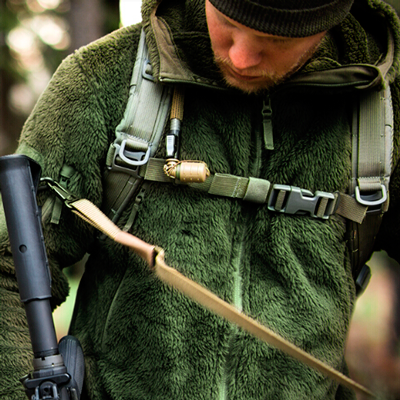
Remembering my past, I ask in bewilderment: “How am I alive after all my adventures?” - harsh trials, reckless parties, love affairs, and a sea of silliness.
My hobbies are weapon upgrades, tactical gear, and the latest in wilderness survival technology. I have hundreds of different survival gadgets in my collections, which are sent to me for "test-driving" by Amazon, eBay, and other online retailers. That's what I write about, and I also make YouTube videos about them! Stay tuned!
Read more about our team of expert authors.
Affiliate Disclosure: Rotorm.com sometimes gets paid for listings, through sponsors or affiliate programs like Amazon, Optics Planet, Lucky Gunner, Brownells, Cabelas, Rainier Arms, 5.11 Tactical, Bass Pro Shop, etс. Clicking a link helps keep Rotorm.com free, at no extra cost to you!
About the author: Each article on our site is written by experts in survival and tactical equipment, gun enthusiasts, extreme travelers, military, law enforcement and desperate professionals, read about the author at the bottom of the article or visit "About Us" page.
Note: The views and opinions expressed in this article are those of the authors and do not necessarily reflect the official policy or position of any agency.

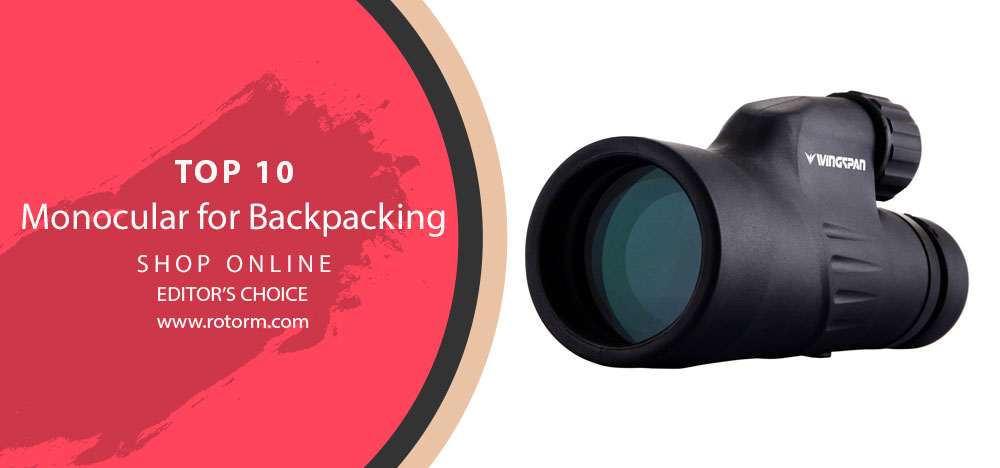
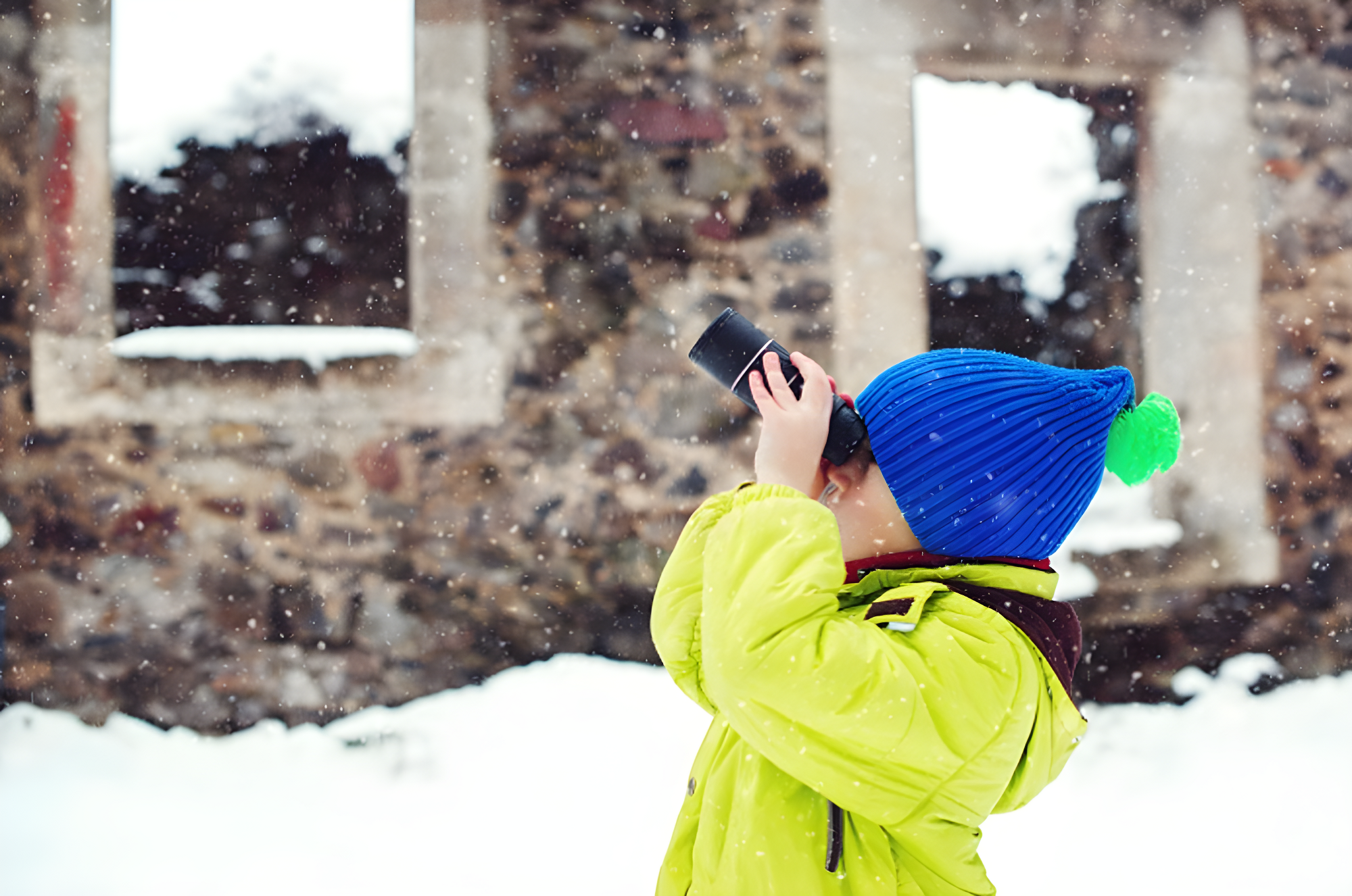

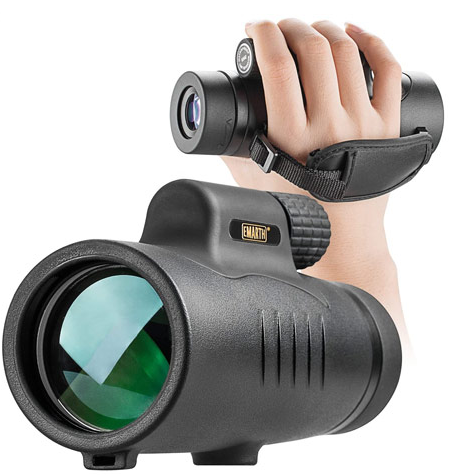
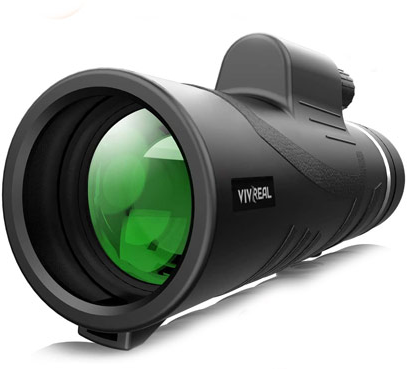
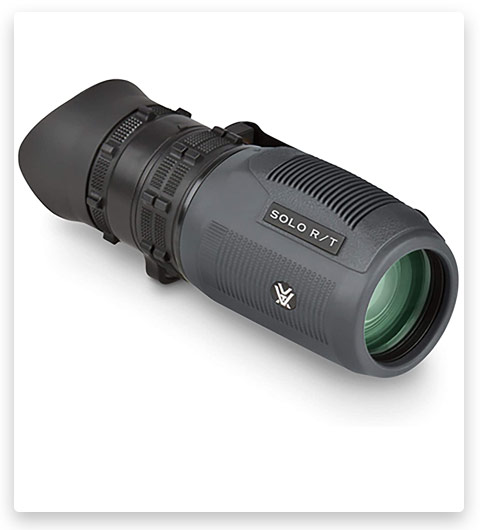

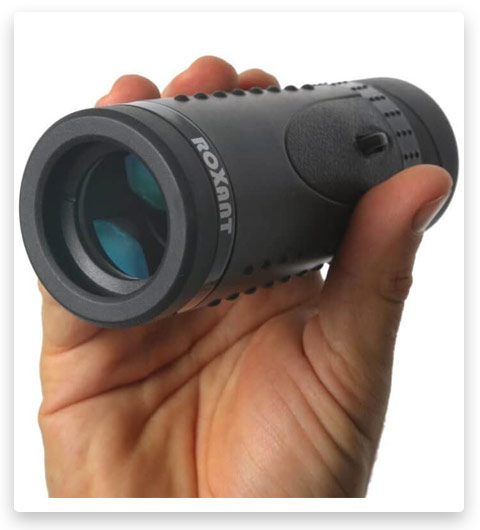
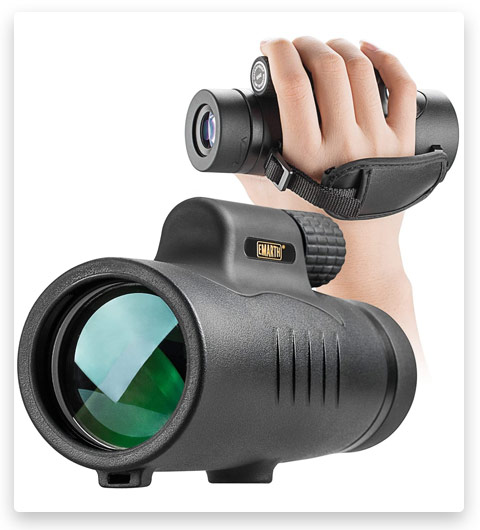
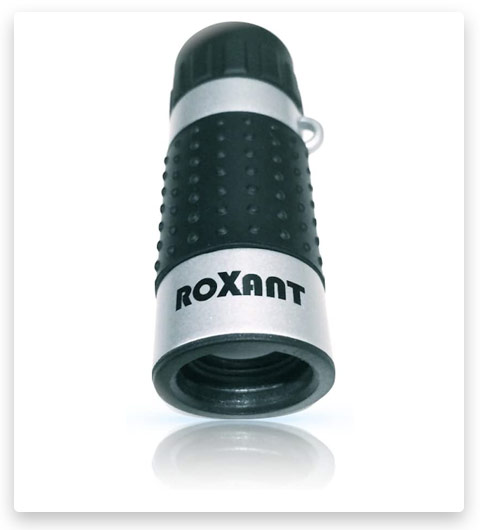
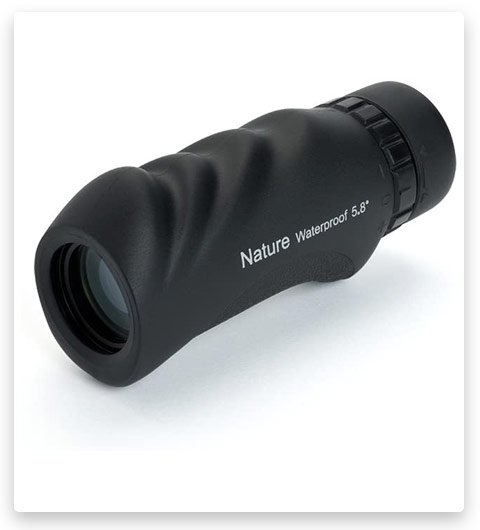
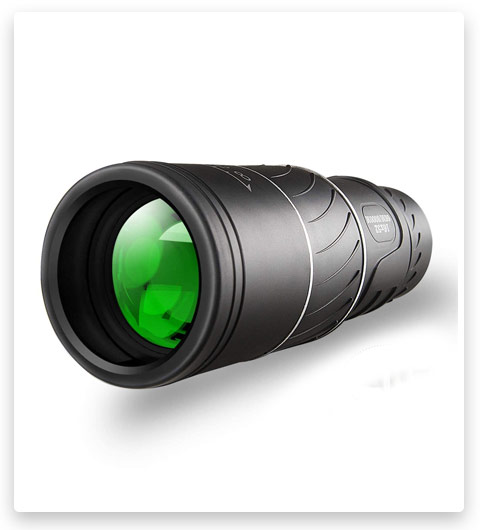
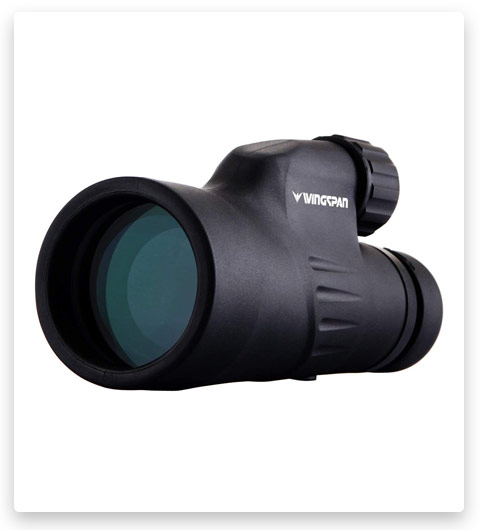
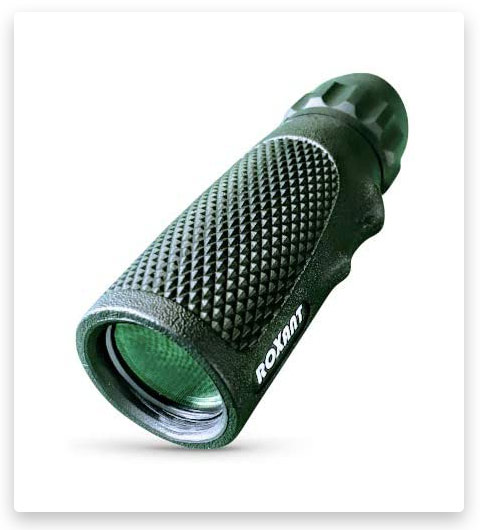
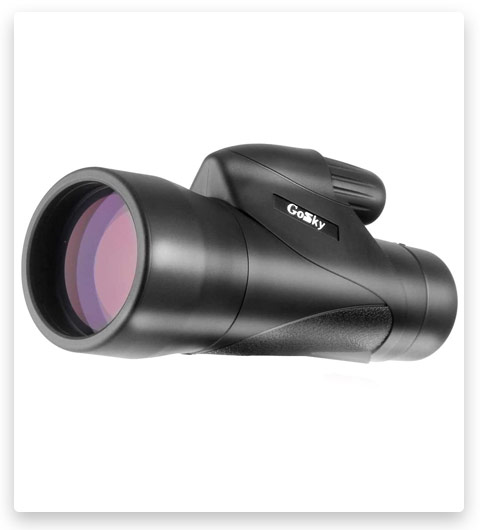
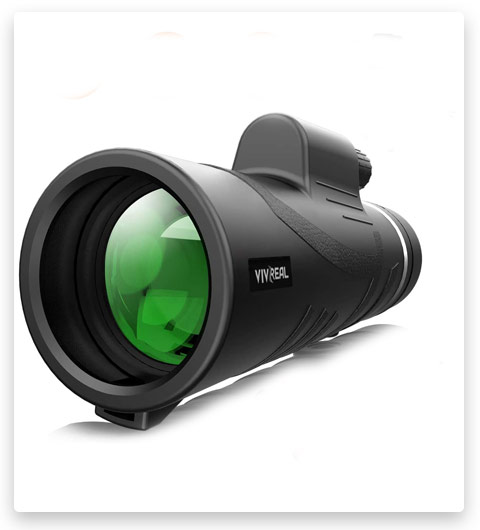
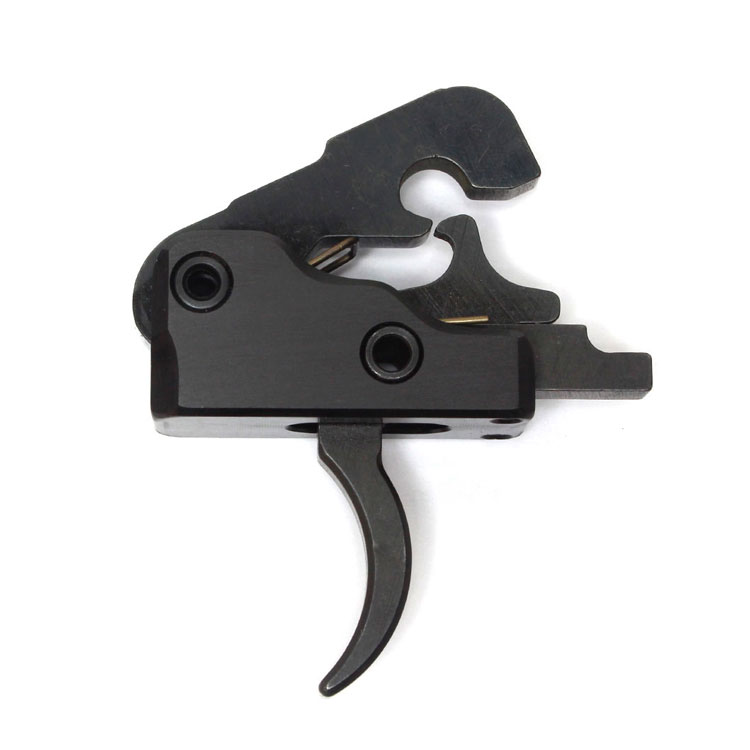
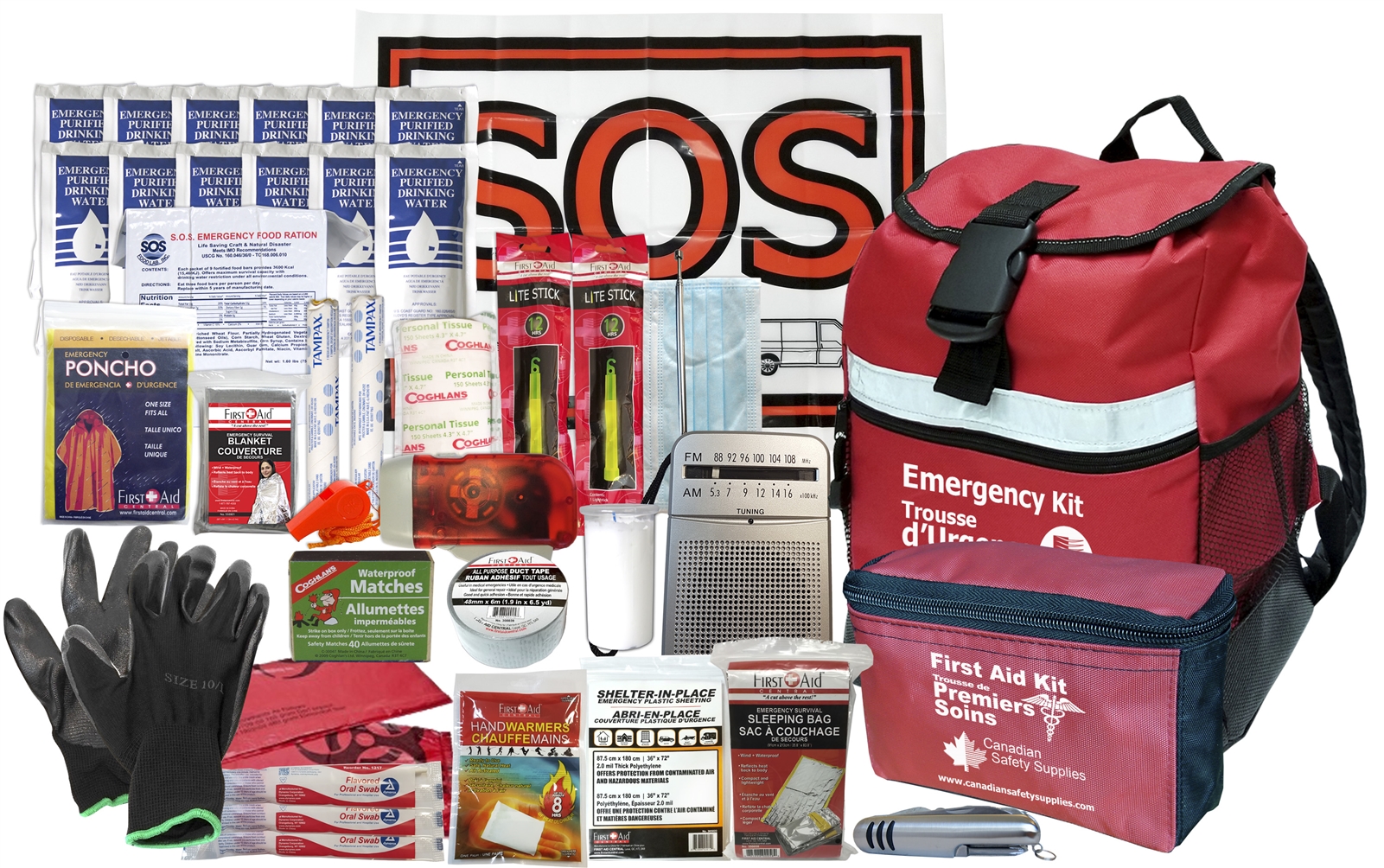
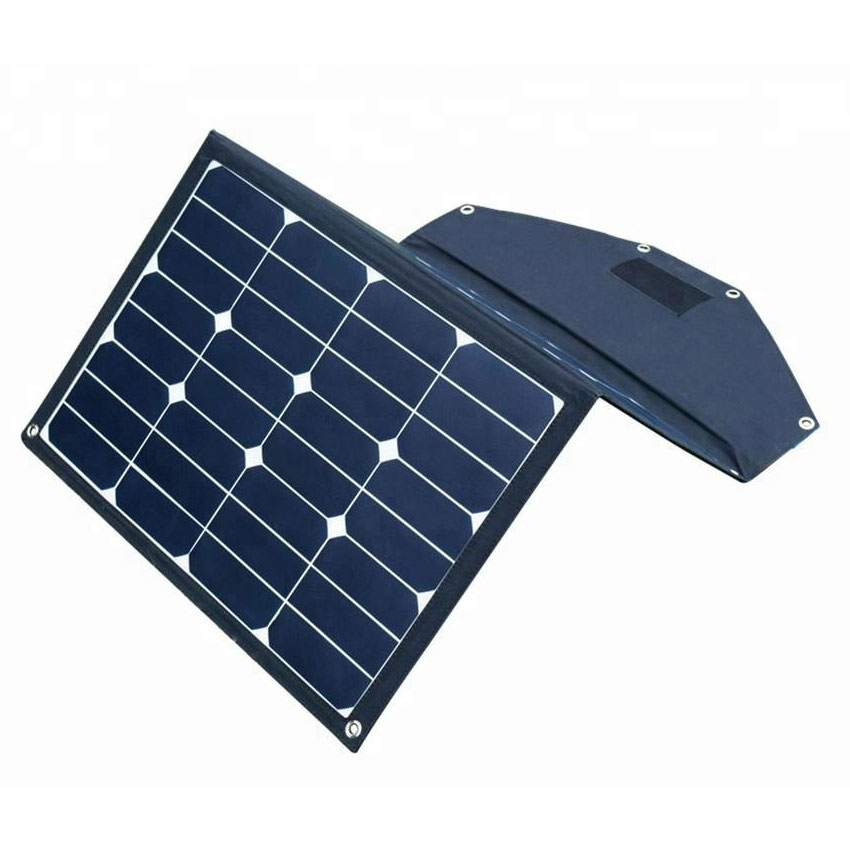
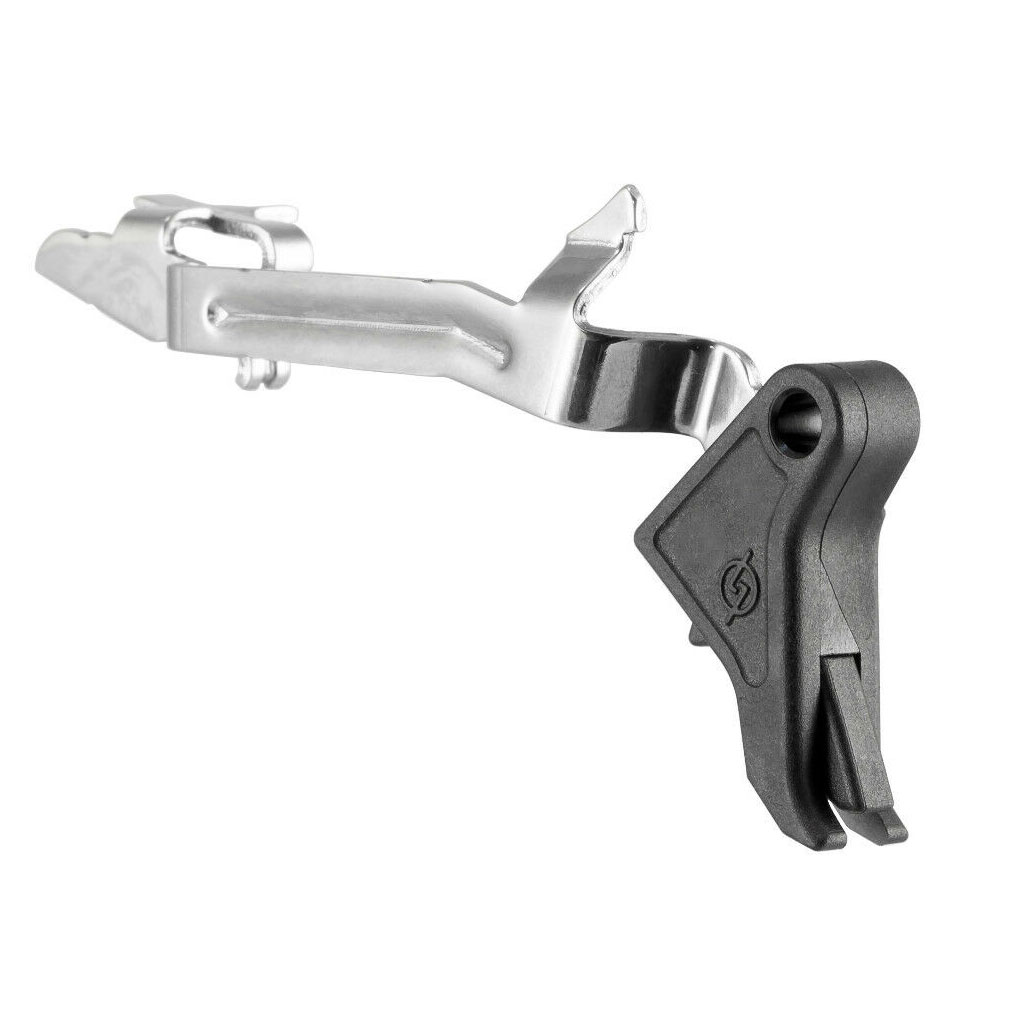
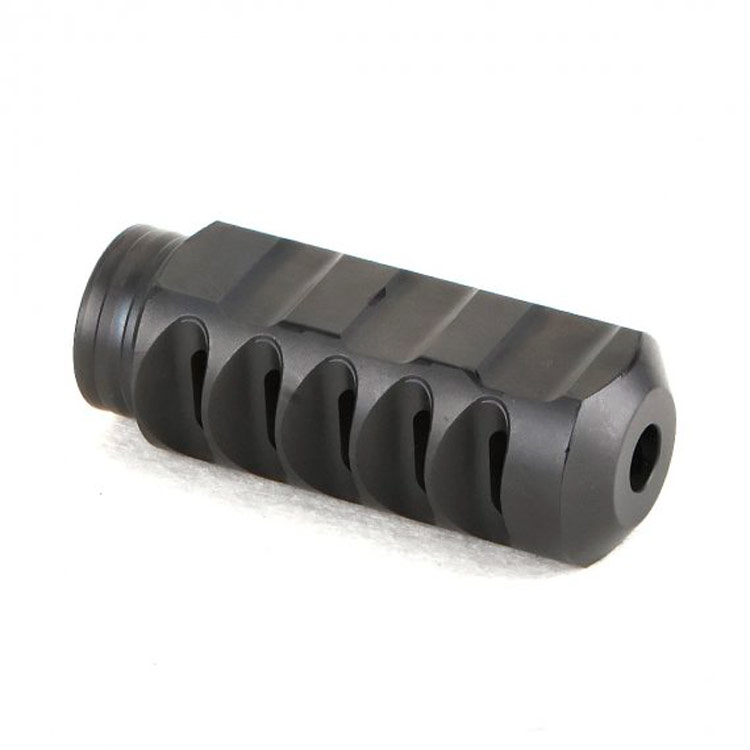
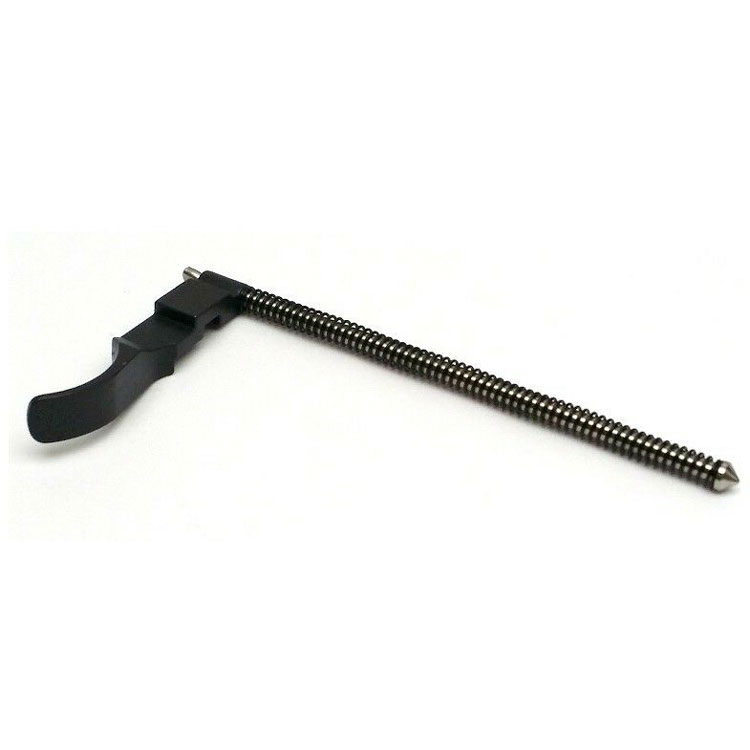
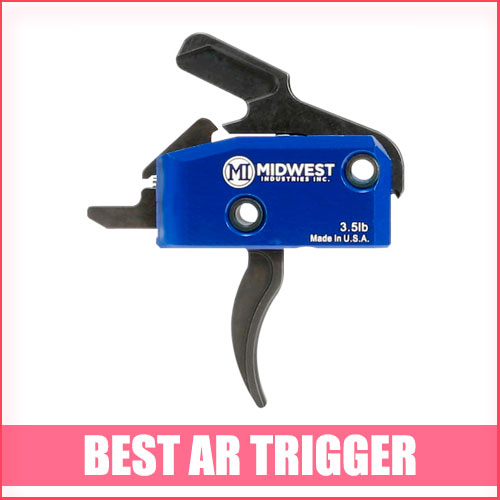

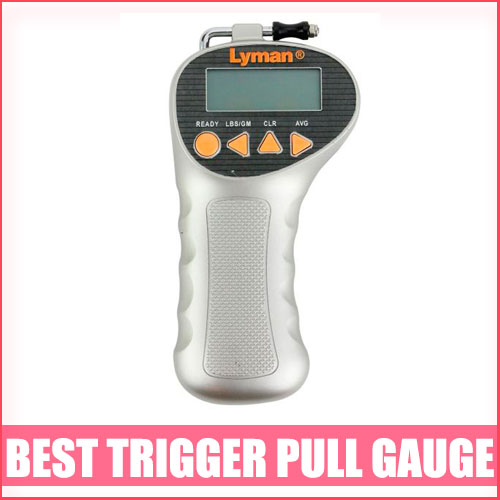
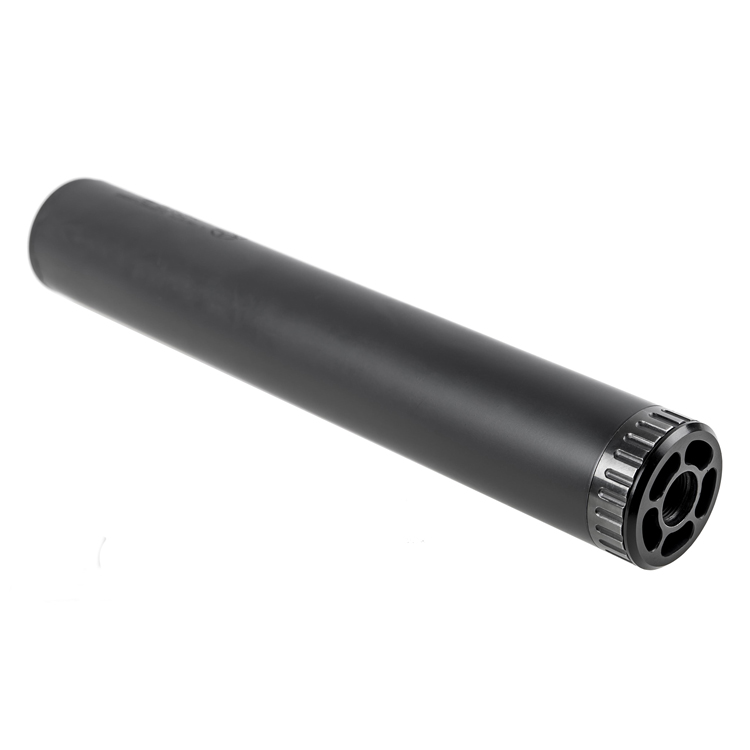
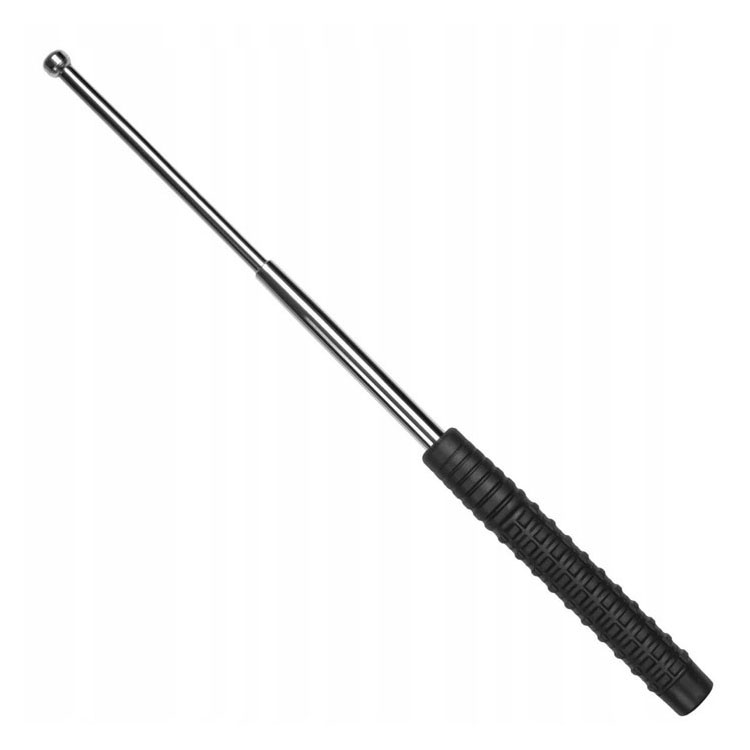
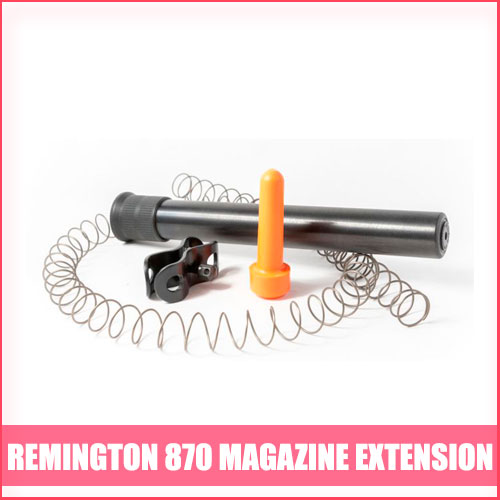
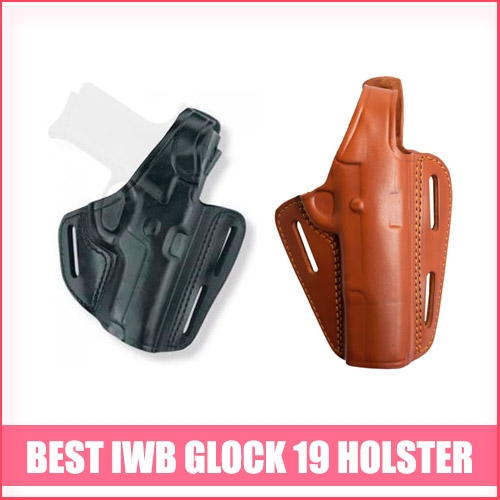
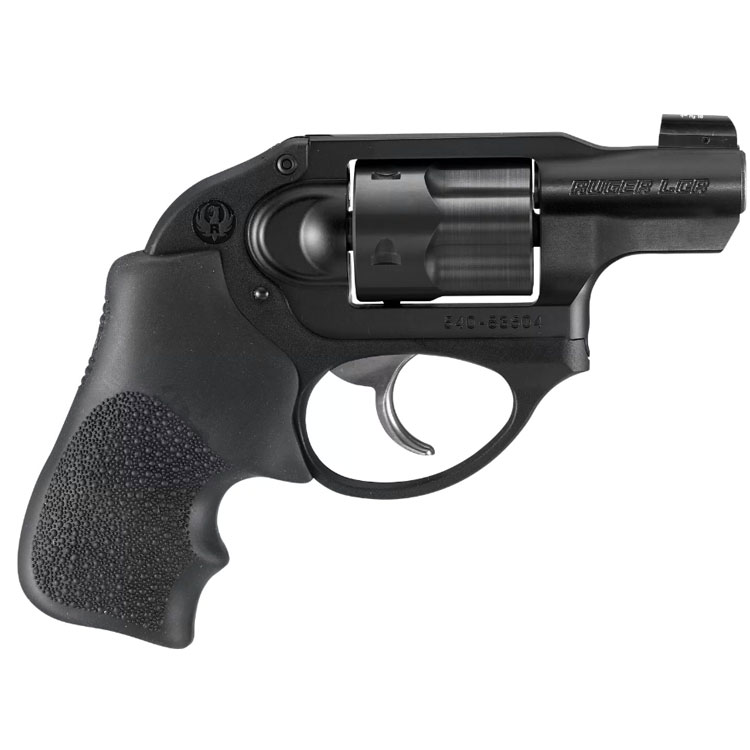

Being an amateur astronomer, I was already aware of Celestron’s renowned reputation for producing high-quality telescopes. Therefore, when I sought a more portable and waterproof alternative to my excellent but cumbersome 10×50 binoculars, I naturally gravitated toward Celestron. Thus far, the Celestron monocular has proven to be an excellent choice. The optical performance is exceptional, and although some reviewers have mentioned the focusing ring being stiff, I find it advantageous. The stiffness allows for precise adjustments and once focused, the image remains sharp until intentionally changed. Moreover, the monocular is incredibly lightweight and hangs so comfortably around my neck that I often find myself double-checking to ensure it’s still there. Unfortunately, the carrying case provided with the monocular has a snap that tends to come undone during hikes, causing the entire case and monocular to fall to the ground. Due to this issue, I have opted to forgo the case and instead carry the device in my pocket or hang it around my neck directly. As for the magnification power, the 10x lens is likely the maximum suitable for handheld use, as any slight shaking is immediately noticeable through the lens. Some reviewers have regarded this as a downside, but in my opinion, it’s only reasonable to expect stability challenges when using 10x magnification. If stability is a concern, perhaps a 7x or 8x monocular would be a more suitable alternative. In conclusion, I have been thoroughly pleased with this monocular and eagerly anticipate using it on paddling trips and while riding my motor scooter, where its portability ensures it will be utilized regularly, in contrast to my bulky binoculars, which have remained stored in their case in the closet.
How does the field of view of a monocular affect its performance while backpacking, particularly for spotting wildlife or observing scenic landscapes?
🔎 The field of view (FOV) of a monocular plays an important role in its performance while backpacking, especially for activities such as spotting wildlife or observing scenic landscapes. The FOV determines the width of the area you can see through the monocular at any given time. Here’s how the FOV can affect your experience:
1️⃣ Wide FOV: A monocular with a wide FOV allows you to see a larger area at once. This can be advantageous while backpacking because it enhances your ability to scan the surroundings. You can observe a broader portion of the landscape without needing to constantly readjust the monocular. A wide FOV is particularly useful for spotting wildlife since it increases the chances of capturing fast-moving animals in your field of vision.
2️⃣ Narrow FOV: A monocular with a narrow FOV provides a narrower view of the landscape, but it can offer certain advantages as well. A narrower FOV may provide greater magnification, enabling you to focus on distant objects or details with more clarity. This can be beneficial when observing wildlife that is far away or when you want to study specific features of a scenic landscape in detail. However, a narrow FOV may require more frequent adjustments and scanning to cover a larger area.
🔔 Note that FOV is typically inversely related to magnification. A higher magnification often results in a narrower FOV, while a lower magnification allows for a wider FOV. Therefore, finding a balance between magnification and FOV is essential to meet your specific needs while backpacking.
I’d like to express my immense satisfaction with the Vortex Monocular! I specifically opted for the 8x model due to its long eye relief, which is perfect for someone like me who wears eyeglasses. The optics provide exceptional clarity and brightness. Additionally, I am thoroughly impressed with the high-quality construction of the case.
I recently purchased the Roxant monocular for my soccer game viewing needs, seeking a telescope with a wide angle and low power. To my delight, this product exceeded my expectations in terms of quality.
What caught me off guard was the thoughtful inclusion of practical accessories. Not only did it come with a handy pouch for easy transportation, but the provided strap was long enough to be genuinely useful. Additionally, I appreciated the inclusion of detailed instructions, ensuring I could make the most of the monocular. The cherry on top was the lens cleaner cloth, a small but pleasant surprise.
Are there any monoculars that offer waterproof or weather-resistant features, making them suitable for backpacking in various environmental conditions?
✅ Yes, there are monoculars available in the market that offer waterproof or weather-resistant features, making them suitable for backpacking in various environmental conditions. These monoculars are designed to withstand exposure to moisture, rain, and other challenging weather conditions.
➡️ One popular brand that offers waterproof monoculars is Vortex Optics. They have a range of monocular models with waterproof and fog-proof properties. For example, the Vortex Optics Solo 8×25 Waterproof Monocular is a compact and lightweight option that features O-ring seals to prevent water from entering the monocular. It is also nitrogen-purged to ensure fog-proof performance.
➡️ Another reputable brand is Nikon, which offers waterproof and weather-resistant monoculars such as the Nikon Prostaff 7s 10×30 Monocular. It has a durable rubber armor coating that provides a secure grip and protection against water and fog.
➡️ Bushnell is another well-known brand that produces weather-resistant monoculars. The Bushnell Legend Ultra HD Monocular series offers models like the Legend Ultra HD 10×42 Monocular, which is built with waterproof and fog-proof construction.
💡 When searching for a monocular for backpacking in various environmental conditions, look for features like waterproof or water-resistant ratings (often indicated as IPX ratings), fog-proof properties, and durable construction. Additionally, pay attention to factors like magnification, lens quality, and size to ensure the monocular meets your specific needs while being suitable for the backpacking experience.
I find the small and compact Monocular Telescope HP (8×42) to be an excellent tool when I’m on horseback gathering cattle. It provides me with a clear view of distant ridges, allowing me to avoid riding over there unnecessarily due to a dark shadow. The telescope’s glass is of high quality, and I appreciate its efficient focus mechanism, which can be easily adjusted even when I’m wearing gloves.
I have a condition called “lazy eye” which makes it difficult for me to use binoculars effectively. However, I have found a great alternative in the Vortex Solo 8×36 Monocular S836. This monocular is lightweight, convenient to carry, and easy to use. Having been an avid hunter for over 50 years, I have determined that binoculars are unnecessary for me now.
I wholeheartedly agree! It’s incredibly convenient to have it on my belt, especially during chores when I don’t want to lug around my binoculars. The monocular is impressively lightweight, providing a clear and sharp image. Holding it is effortless, and focusing is a breeze. What’s more, it works seamlessly with my glasses. The sturdy construction ensures its durability, and I appreciate the practical belt clip and carrying case. However, my only minor gripe is that it lacks lens caps for those moments when it’s on my belt and not in the case.
After my trusty $11 10×25 monocular finally gave out on me after years of dependable service, I found myself in need of a new one for my bowhunting expeditions. Binoculars have never been my preference, as I often struggle to adjust them for both eyes and end up using only one side anyway. By opting for a monocular, I not only save on weight and bulk but also ensure ease of use.
I recently came across the 12×50 Vivreal monocular, and I must say it’s an exceptional find considering its value. While it is noticeably larger than my previous unit, it conveniently fits into the pocket of my hunting jacket. It’s easily held and focused with just one hand, and the 50mm lens effectively captures ample light, providing a decent field of view. The resulting image is clear and crisp, exceeding my expectations.
Initially, I wasn’t particularly interested in the included tripod and smartphone attachment, but I soon discovered their added benefits. The tripod boasts flexible legs, effortlessly allowing me to adjust and stabilize the camera. As for the smartphone adapter, it attaches and detaches within seconds, enabling me to capture images and videos conveniently.
Overall, the 12×50 Vivreal monocular has proven to be an excellent choice for my bowhunting needs. Its compactness, ease of use, and remarkable image quality have exceeded my expectations. Additionally, the unexpected inclusion of the tripod and smartphone attachment has proven to be an added bonus, further enhancing my hunting experience.